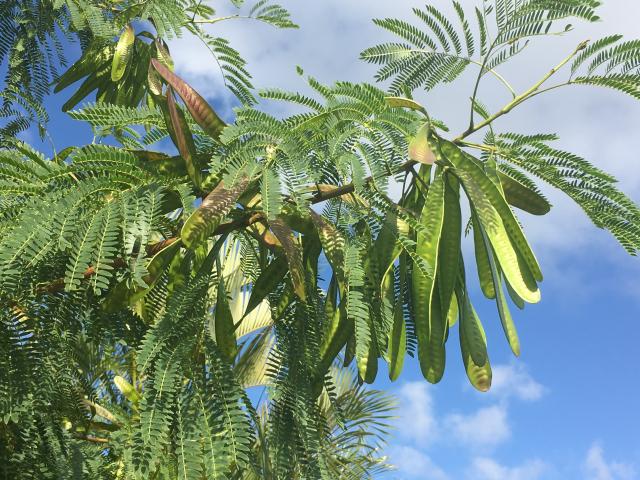Digital Edition
Subscribe
Get an all ACCESS PASS to the News and your Digital Edition with an online subscription
David Attenborough’s 100th marked by three new shows
Sir David Attenborough's 100th birthday will be celebrated with three new shows, the BBC has announced.
The broadcaster will mark Sir David's "extraordinary milestone" on...








